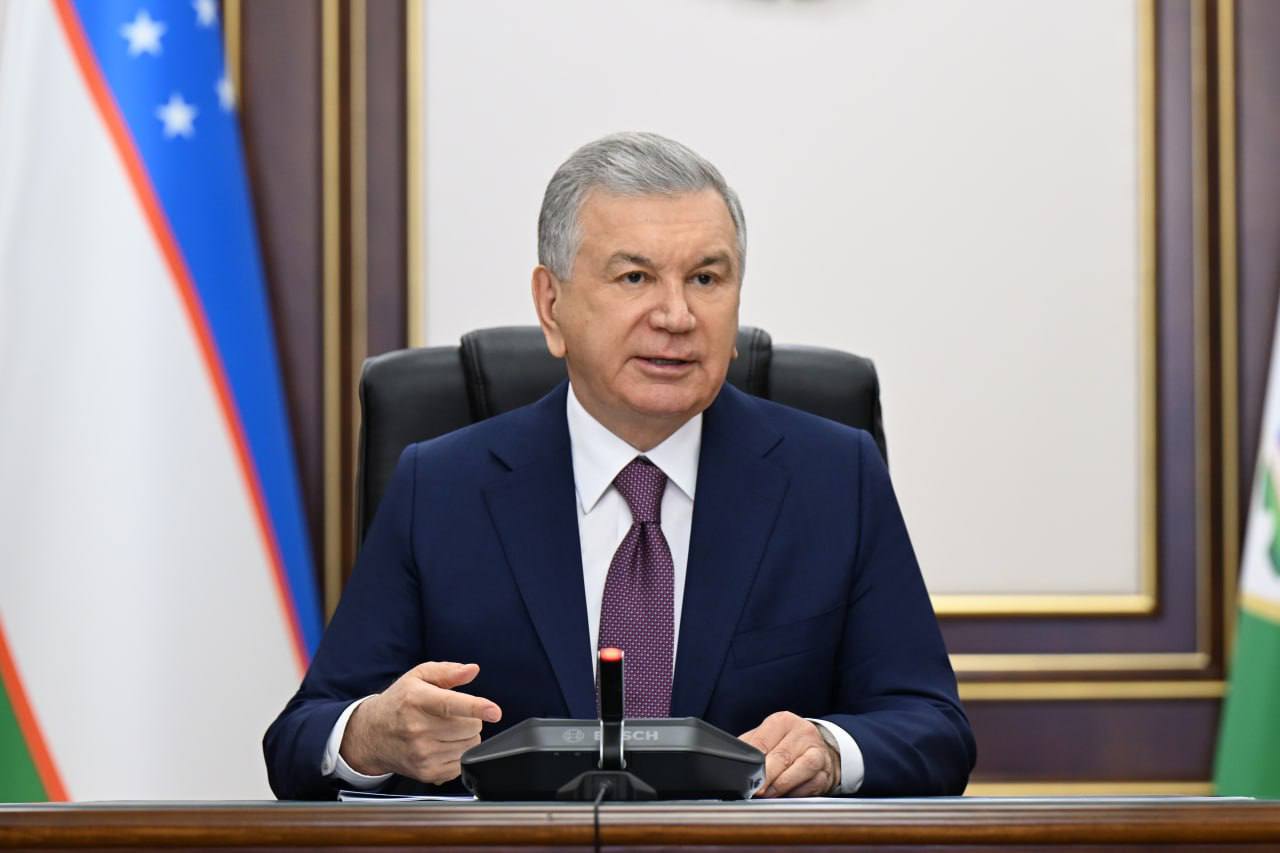On July 29, the President of Uzbekistan, Supreme Commander-in-Chief of the Armed Forces Shavkat Mirziyoyev, reviewed proposals for improving military education, according to the press service of the head of state.
The corresponding directive was issued at a Security Council meeting held on February 21 of this year. The advanced experience of over 20 foreign countries was studied, and a new national model for reforming military education was developed.
Specifically, it is proposed to reorganize the Academy of the Armed Forces and establish the University of Military Security and Defense of the Republic of Uzbekistan on its base. The university will incorporate all military educational institutions of the Ministry of Defense – 5 institutes, the Higher School for Sergeant Training, and the School for Training Aviation and Unmanned Aerial Vehicle Specialists, all with institute status. A centralized vertical system will be created to enhance the potential of troops, expand dual education, and broadly implement the results of scientific research into practice.
For instance, the Higher School for Sergeant Training, which serves as the main support of the army, will introduce a new system for developing leadership qualities, improving skills in using modern weapons, and adopting new tactical techniques.
Another innovation is the implementation of a hybrid “2+2” model for training in specialized fields. In this case, second-year students from civilian higher education institutions will be selected as cadets in 18 specialties, such as psychologist, communications officer, supply officer, and storekeeper.
To support talented youth, a State Scholarship from the Supreme Commander-in-Chief will be established for graduating cadets starting from the new academic year. The scholarship recipient will be admitted to the master’s program of a higher military educational institution without exams within 5 years after completing their bachelor’s degree.
Furthermore, the practice of awarding a double diploma – in both civilian and military professions – will be introduced for graduates of higher military educational institutions in 36 fields of education. This will enable military personnel to continue active employment even after their service.
In connection with the ongoing reforms, there will be an increased need for high-quality selection and recruitment of military educators. A system for training military educators in leading foreign countries will be established.
The presented proposals were approved, and directives were given for their effective implementation in practice.

